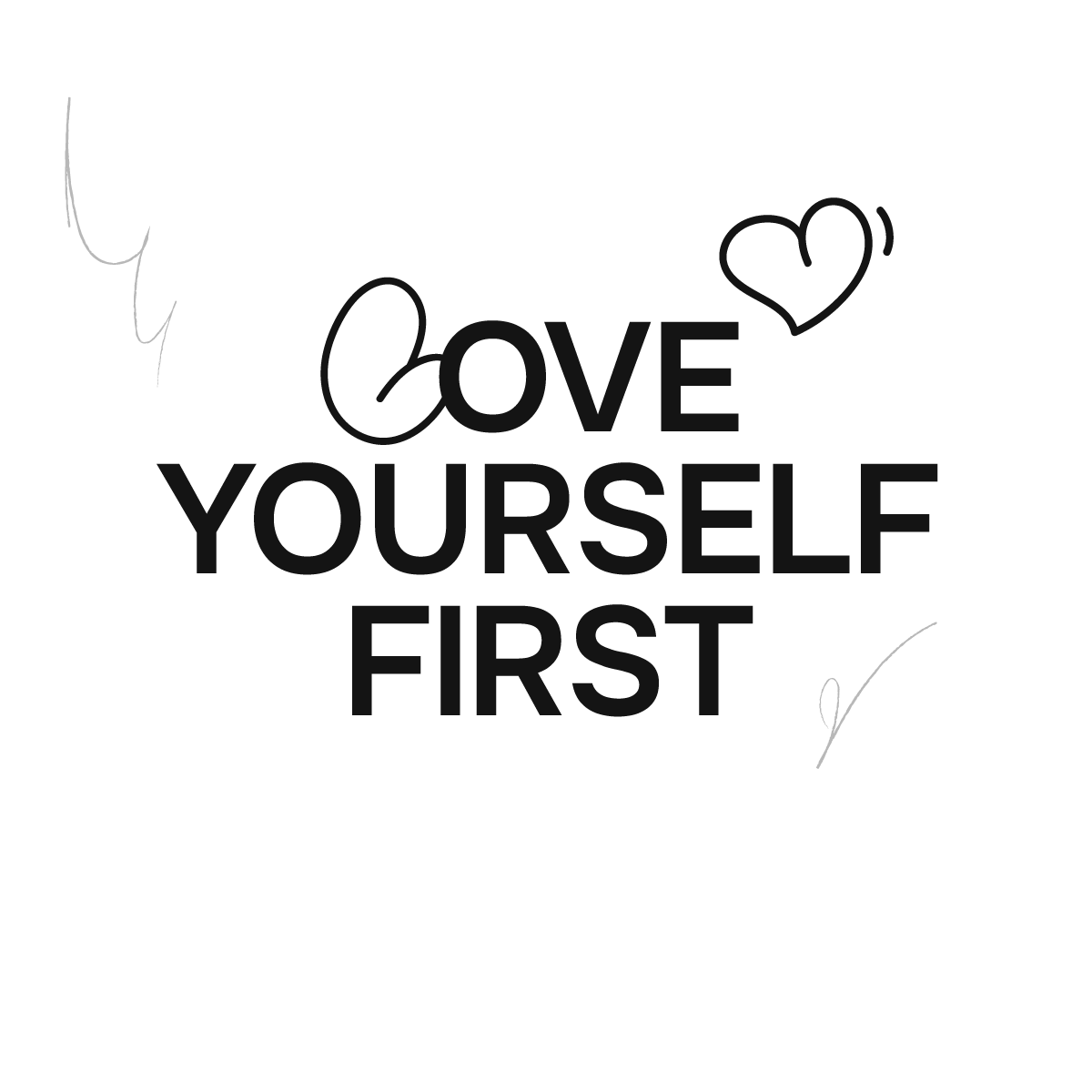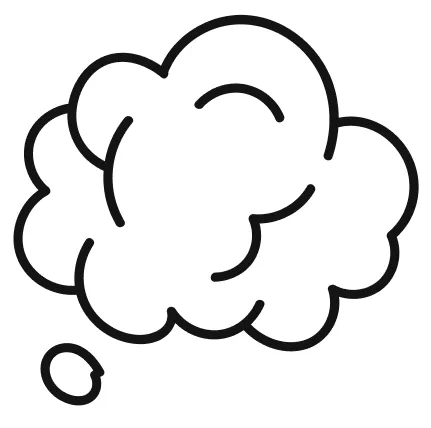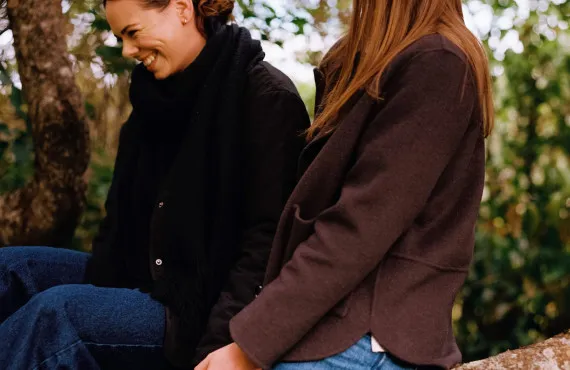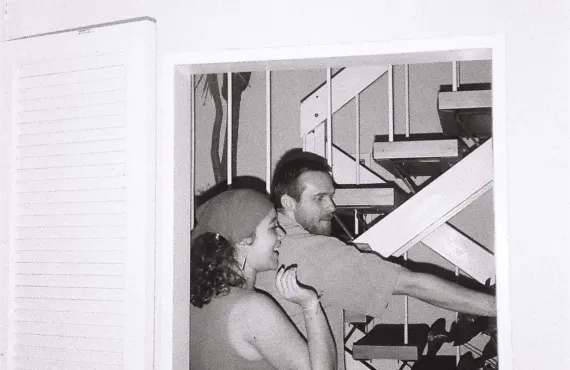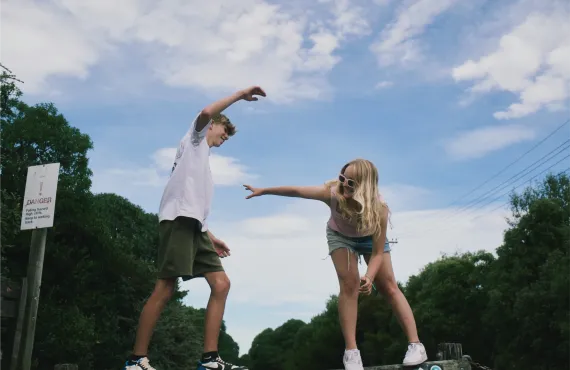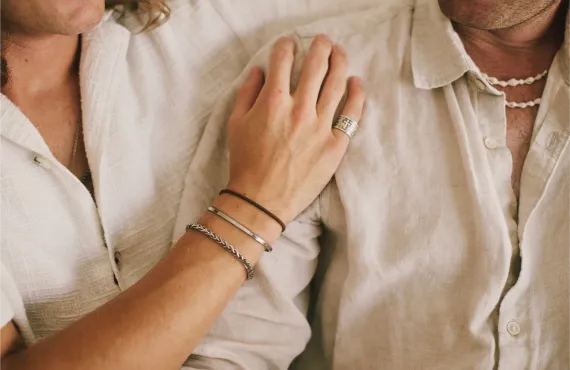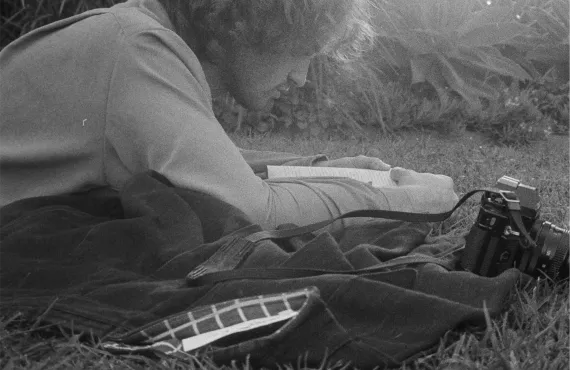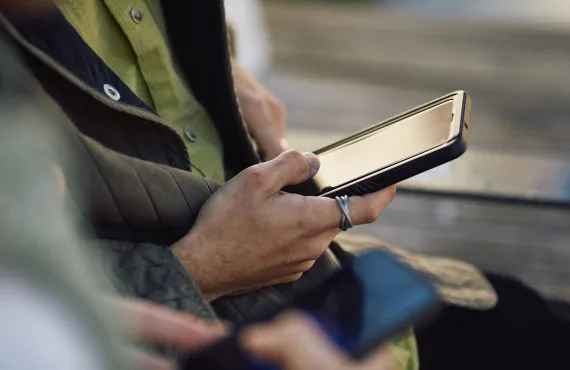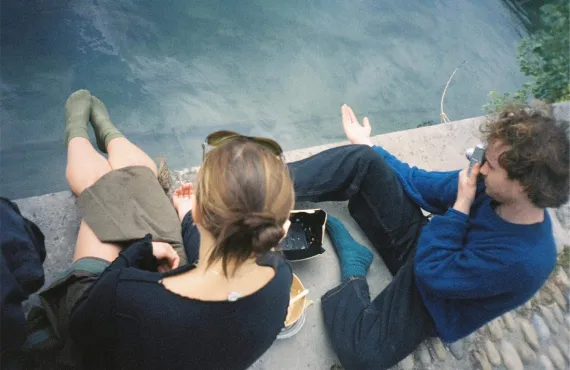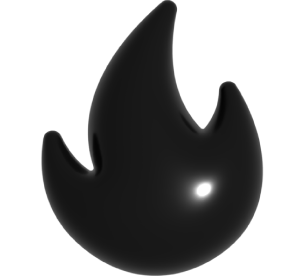Your boyfriend's not 'toxic', he's just not that nice
By Rachel Barker
First published on VICE.COM

Dating someone you don’t really get on with has become a weird rite of passage. We put up with people who don’t make us feel that great for a bunch of different reasons – we might be flattered, or lonely, or don’t want to pay $275 a week for a single bedroom. Relationships like this are shit. But sometimes they’re just that.
You shouldn’t be in it, that’s for sure, but that doesn’t mean the relationship is dangerous or manipulative or controlling.
So why is it that it seems like every second person talks about their bad relationships as if they were abusive?
Words like “toxic”, “gaslighting” and “red-flags,” which were once only heard in counsellors' offices, show up on a daily basis online. The common use of this abuse-coded language can be educational, but it also might be twisting our idea of what an abusive relationship really is – and leading people who haven’t actually been in one to believe that they have.
Therapist Jo Robertson says that “an abusive relationship is a relationship where one partner uses various tactics, such as physical violence, emotional manipulation, and coercion, to control or have power over the other partner,” whereas an unhealthy relationship is one where “one or both partners engage in behaviours that are detrimental to the relationship's well-being or the other's well-being.”
These behaviours might be poor communication, lack of trust, disrespect, and ignoring each other's needs, and they can still be harmful and cause emotional distress.
And that’s the hard to grasp issue: You might feel hurt by careless negging, unsupported by a partner who’s not meeting your needs, or rejected by someone who’s a poor communicator – but that doesn’t mean you’re in a relationship with a “toxic,” let alone dangerous, person.
We’ve started to lean on this “technical language” about relationships for a few reasons. One reason is that specific terms can feel enlightening and empowering. A word like “abuse” might resonate with us, even if we don’t understand exactly what professionals use it to describe. It can also feel easier to communicate in well-understood terms, rather than discuss the specifics of our relationships.
Sometimes we gravitate towards serious labels because they allow us to ask for help with more confidence, as we feel like they’re deserving of that support – but it’s important to know that unintentional harm or emotional distress from a partner or ex is just as worthy of support. You don’t need to exaggerate to justify how much something has hurt you.
When people in unhappy relationships, who still need support and care, start to assign the language of abuse to their partners and relationships, they can actually end up minimising the brutal reality of abuse. This can lead to people who are suffering believing that their abuse is normal, or stop them from reaching out because they think it won’t be taken seriously.
For someone who has had an abusive partner, hearing others casually use psychological terms can be triggering, overwhelming and in worst cases, re-traumatising for survivors.
This can also cause harm to our partner or ex-partner. It may be more accurate to say a partner lacked communication skills, impulse control, or a positive outlook – and incorrectly assigning this as “abusive” can lead them to be isolated or falsely accused of serious harm. This can be highly distressing and also stops people from coming forward to receive help for fear of judgement.
It’s not all negative though – our developing awareness of genuine abuse tactics is a great drive for social change, where certain behaviours become socially unacceptable and abuse is challenged.
If you’re at the point where you’re comparing your experiences to abuse then that’s already telling you something huge – the relationship is unhealthy and it needs to end. It’s possible that your “toxic ex” wasn't that “toxic”, but was still a terrible partner, and that’s enough of a reason for it to matter.
Of course, it is important to recognise that real abuse does happen and can happen to anyone. If you do feel your relationship is or has the potential to be dangerous or you’re concerned by abusive behaviours please check out our Get Help page.
Tagged
You may also like
-
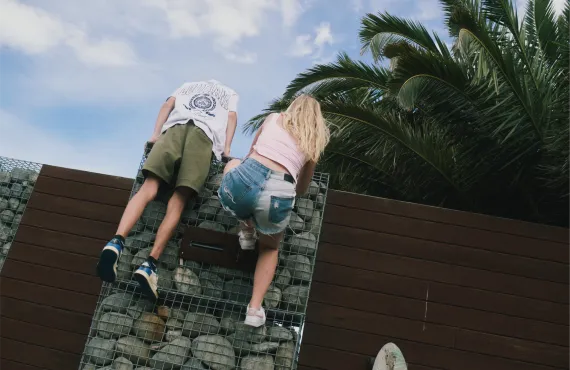 Read
ReadDo you like your partner as a person, or do you like the lifestyle they offer you?
Advice, Relationships
